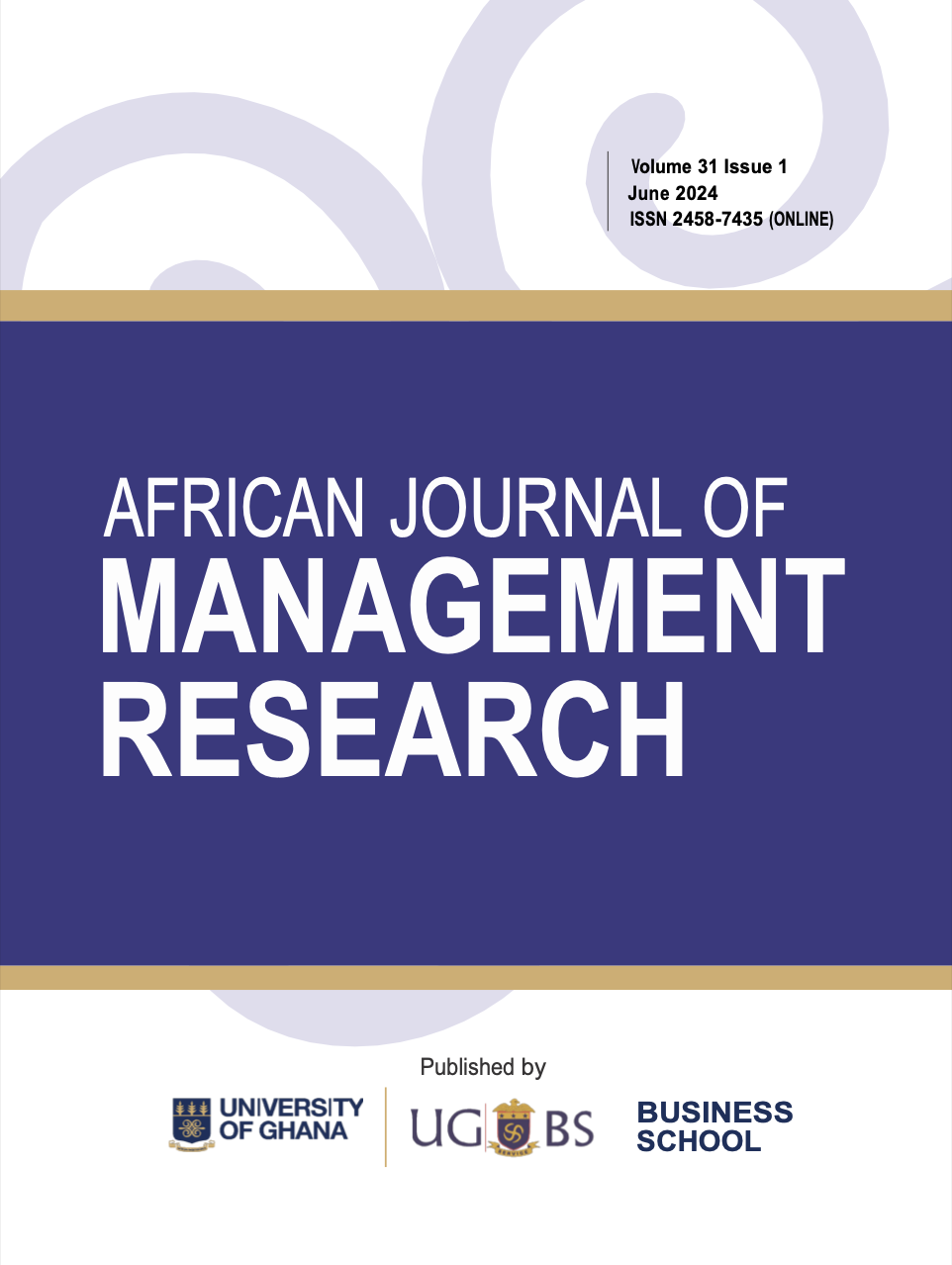UN SDG 3.1: International Partners and Ghana’s Interventions on Maternal Healthcare
Abstract
The main aim of the study is to analyze the role of global partners and the government of Ghana’s efforts toward achieving UN SDG 3.1. It specifically examines the effectiveness or otherwise of policy interventions of Ghana toward achieving SDG 3.1 by 2030. The health of mothers is crucial as states are taking appropriate measures and interventions to reduce maternal death to the barest minimum globally, in Africa, and Ghana. Maternal mortality is a global public health issue that has been at the center of global health. States' efforts toward achieving the target to reduce maternal mortality as part of the MDGs were not reached or achieved. Thus, the UN SDGs were adopted in 2015. SDGs particularly Goal 3.1 calls for interventions by governments to reduce maternal mortality globally. A qualitative design was used in this study in which data was obtained largely from in-depth interviews, a few FGDs and official document reviews. The researchers also utilized secondary data sources largely from books, journal articles, and internet sources. The data were analyzed through content analysis. The findings from Ghana revealed maternal mortality is largely due to obstetric causes, as such Ghana adopted rigorous interventions to address the problem. Some maternal health intervention gaps or some challenges were found which impeded the quality and access to maternal health services in Ghana. It recommends an improvement in mothers’ access to emergency obstetric care and intensive education on maternal healthcare among others towards achieving SDG 3 by 2030.




